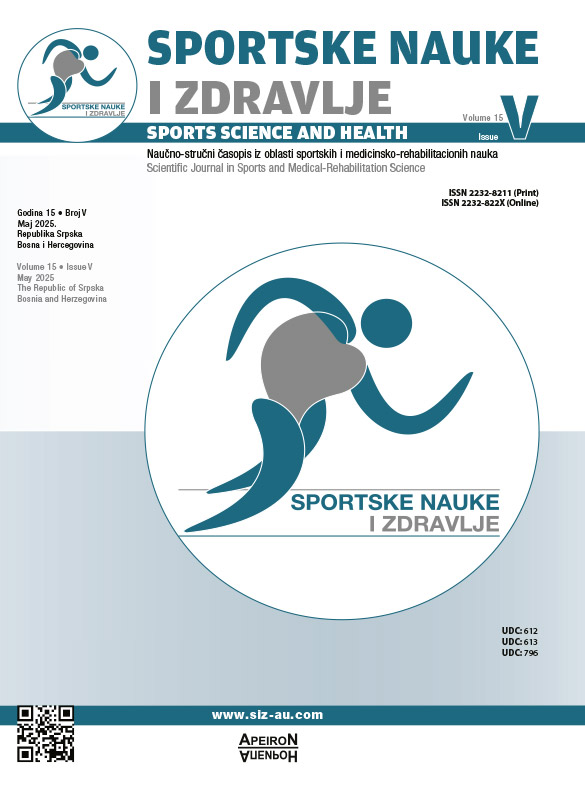Effectiveness of the Outdoor Learning Model Containing Local Culture on Children’s Gross Motor Skills
DOI:
https://doi.org/10.7251/SSH25V032HKeywords:
children aged 5-6 years, gross motor skills, local culture, outdoor learning modelAbstract
Outdoor learning is a model of learning conducted outside the classroom through direct utilization of the environment that provides authentic and concrete experiences for children. These experiences allow children to receive stimuli that can expand the learning environment and allow the development of various domains of child development. This study aims to examine the effectiveness of outdoor learning model with local culture on gross motor skills. The type of experimental research used in this study is quasi experimental research with the assumption that this study cannot fully control the variables that will affect the results of this study later. In this case, the sample was selected from a population that was not randomized because the subjects were already formed in class groups. The sample in this study were children aged 5-6 years with a total sample size of 42 children who were divided into two groups, namely the experimental group and the control group. Data collection instruments in the form of observation sheets. The data obtained were then analyzed statistically using an independent t-test on the SPSS.16 program to see the difference between the experimental group and the control group. The results showed that there was a difference between the experimental group using the outdoor learning model with local culture and the control group using the expository method with a value of 0.000 <0.05. This means that the outdoor learning model is effective in improving gross motor skills. Based on the findings, this study recommends teacher training in using outdoor learning model with local culture through new ways to improve gross motor development.
